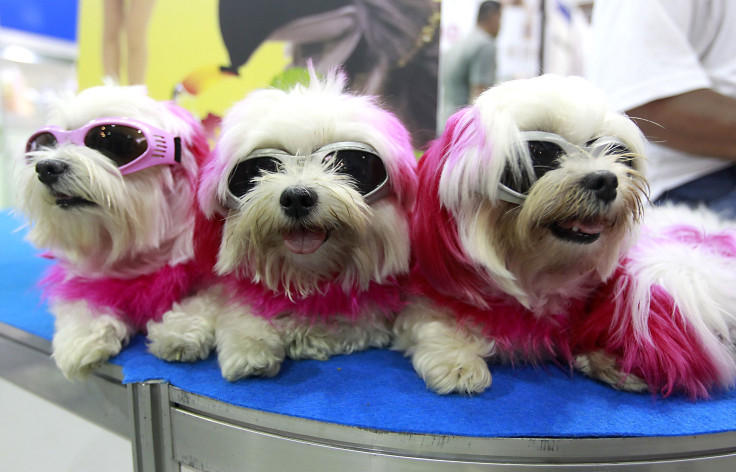Dogs And A Deadly Sin: Canine Pets Get Jealous Too, Says US Study

“To feel envy is human,” German philosopher Arthur Schopenhauer once said. However, research findings from a study conducted by psychologists in California suggest that even our canine companions might suffer an occasional pang of jealousy.
Scientists at the University of California San Diego, looking to find an answer to what a dog feels when its owner showers affection on a perceived rival, found that canines engaged in “what appeared to be jealous behaviour” when owners showed affection toward a stuffed dog. The findings of the study challenge the long-held notion that since jealousy requires complex cognition, it is an emotion unique to humans.
"Many people have assumed that jealousy is a social construction of human beings - or that it's an emotion specifically tied to sexual and romantic relationships," Christine Harris, a psychologist at the university and a co-author of the study, published in the journal PLOS ONE, told BBC. "Our results challenge these ideas, showing that animals besides ourselves display strong distress whenever a rival usurps a loved one's affection."
Harris and her student, Caroline Prouvost, building on research that proved that even six-month-old infants are capable of displaying jealousy, studied 36 dogs in their homes and recorded their actions when their owners displayed affection to a realistic-looking stuffed canine.
The dogs reportedly displayed “significantly more jealous behaviour -- snapping, getting between the owner and object, pushing and touching the object or owner -- when their owners displayed affectionate behaviour toward what appeared to be another dog as compared to non-social objects,” such as a book.
The authors noted that more than three-quarters of the canine subjects were likely to push or touch the owner when they interacted with the decoy, and about a third “barked and snapped” at it. This, in their opinion, proved that dogs show a “primordial” form of jealousy, although it is not as complex as the human version.
Many other scientists, however, remain unconvinced.
Alexandra Horowitz, a cognitive scientist who is an adjunct associate professor at Barnard College, told the New York Times that the experiments only proved that dogs “seem to want an owner’s attention when there is attention being given out.”
© Copyright IBTimes 2025. All rights reserved.






















